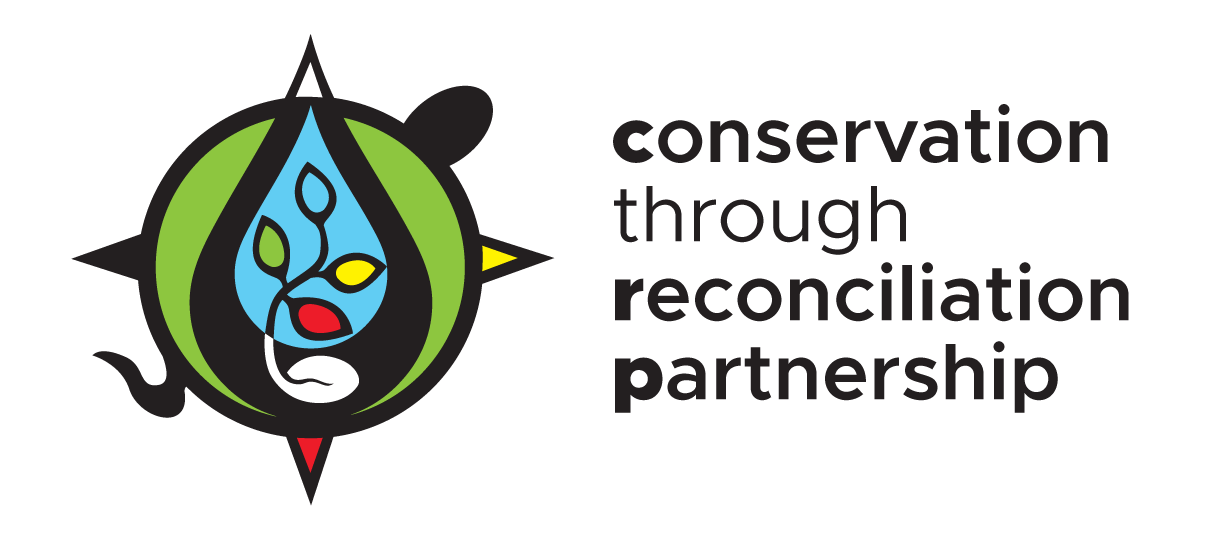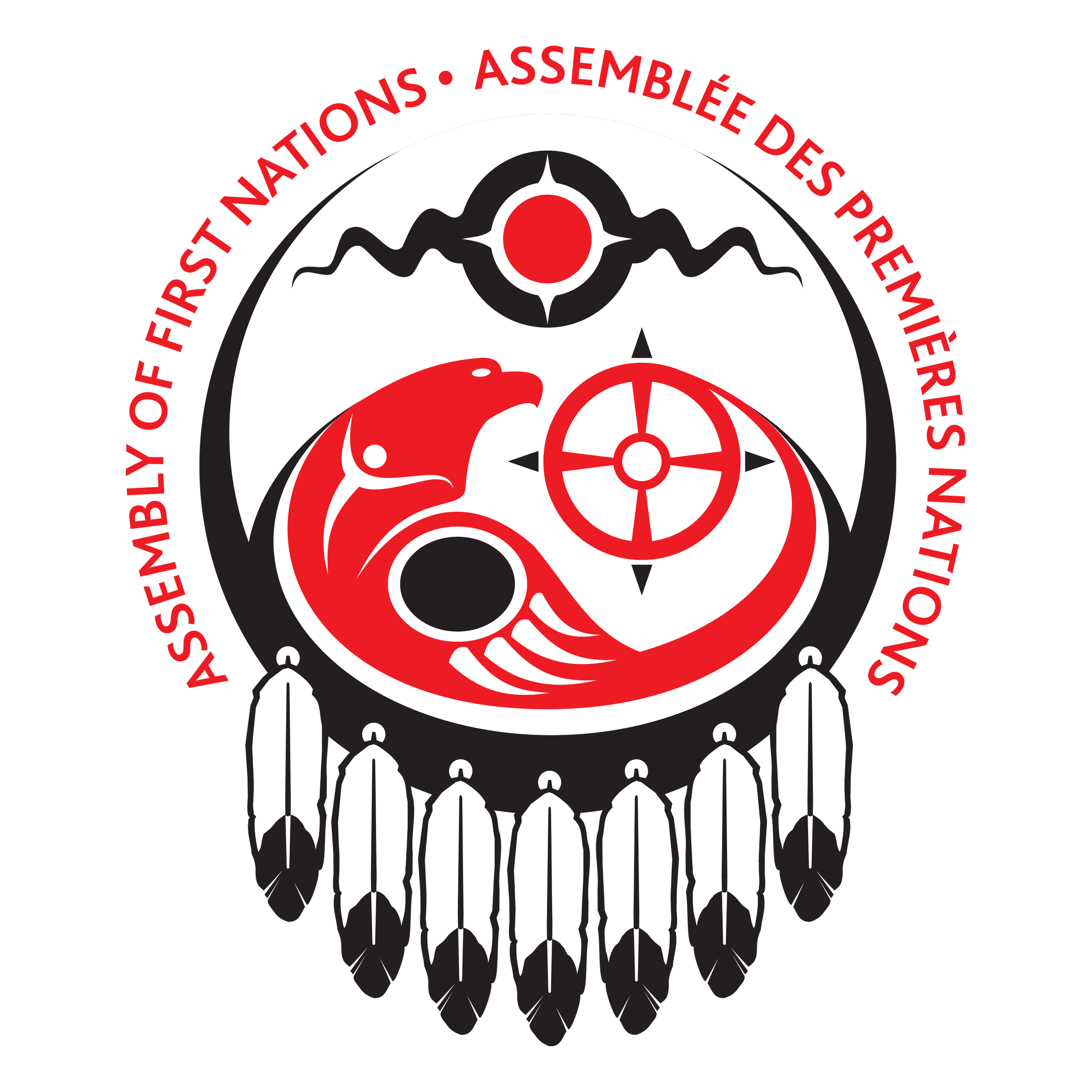Cultural Keystone Species Series Part 3: Seeing the Connections: Species, Places, and Culture
February 1, 2023
By Dr. Justine Townsend, IISAAK OLAM Foundation (IOF)
*Note on terminology: This blog is part of a project initiated by the Assembly of First Nations (AFN) who advocates for First Nations across Turtle Island/Canada. Some statements refer specifically to First Nations but may be applicable to Métis and Inuit Peoples as well.
This blog builds on Part 1 and Part 2 of the Cultural Keystone Species blogs. These earlier blogs described how Canada’s Species at Risk Act contains mechanisms that support First Nations involvement in species at risk (SAR) management.
First Nations’ knowledge, approaches, and leadership are still not afforded the same weight as dominant Western frameworks and models. This is reflected in Environment and Climate Change Canada’s (ECCC’s) Pan-Canadian Approach to Transforming Species at Risk Conservation in Canada (2018). This report notes the importance of Indigenous Peoples’ participation in conservation and SAR management. However, Canada did not invite Indigenous Peoples to co-develop this approach. As such, the approach does not reflect First Nations, Inuit, and Métis priorities and approaches.
Indigenous knowledge systems are standalone systems and must not be forced into Western or colonial frameworks.
Photo: Moose traveling through lake (Lesly Derksen on Unsplash)
2022 Virtual Dialogues
In March of 2022, the AFN and IISAAK OLAM Foundation (IOF), a host partner of the CRP, hosted a second round of virtual dialogues on SAR and culturally significant species and places. These dialogues were open to First Nations harvesters, Elders and knowledge keepers, Guardians, community stewards, SAR technicians or ecologists, youth, and any First Nations people with SAR experience or interest.
Like the first round of dialogues in 2021, these discussions sought to create and foster a space that does not yet exist. This space is one in which First Nations people come together to discuss their perspectives, initiatives, and challenges with respect to SAR and culturally significant species and places. Input from these dialogues inform AFN’s work to centre First Nations perspectives in a more inclusive pan-Canadian approach on SAR conservation.
Read more about AFN and IOF’s work to advance First Nations leadership in SAR and culturally significant species and places here.
What We Heard
During the three March 2022 regional dialogues, AFN and IOF hosted 55 participants from First Nations across Turtle Island/Canada. These dialogues were regionally based around (broadly defined) Pacific, Central, and Atlantic regions.
Participants discussed three key themes in each of the dialogues:
Connections between species, places, and culture;
Planning for abundance; and
Working together
AFN SAR Dialogues Public Report 2022
Read more about First Nations’ input into the stewardship of SAR and culturally significant species and places in the 2022 summary report downloadable here.
There is a profound connection between the health and abundance of culturally significant species, ecosystem health, and food security.
These dialogues reinforced the need for holistic approaches to SAR and culturally significant species and places. Holistic approaches appreciate the interconnections between human and ecosystem vitality and well-being. First Nations’ worldviews tend to appreciate the connections between species, places, and culture. Approaching stewardship and SAR policies from this perspective requires conversations that include an acknowledgement of how management directives and policies can affect First Nations’ cultural practices and food security.
IPCAs, Guardians, and processes to restore and protect SAR and culturally significant species are complimentary.
Calls to Action
AFN and IOF’s overarching call to action is for ECCC to revise the Pan-Canadian Approach to Transforming Species at Risk Conservation in Canada in collaboration with First Nations. This process would better reflect First Nations priorities, approaches, and recommendations and make for a more robust and culturally appropriate strategy.
AFN and IOF’s additional calls to action for ECCC include:
Terminology:
1. Include the terminology of “cultural keystone species and places” and “culturally significant species” along with “species at risk,” which often does not resonate with First Nations people.
Capacity building:
2. Build internal capacity within ECCC by increasing staff proficiency to work respectfully and effectively in cross-cultural contexts with First Nations. This includes fostering greater understanding of CKSP, and culturally significant species and places and First Nations’ worldviews relevant to conservation and SAR; and
3. Support First Nations’ capacity to participate in the management of SAR, CKSP, and culturally significant species and places (e.g. provide funding and resources and respond to First Nations’ request for support).
Relationship building and partnerships:
4. Build meaningful partnerships with First Nations that go beyond consultation on SAR frameworks, policies, and legislation;
5. Recognize and respect First Nations’ jurisdiction, governance, authority, knowledge and legal systems;
6. Support a distinctions-based approach, acknowledging the plurality of Indigenous Peoples who co-exist in Canada (e.g. there are distinctions between and within First Nations, Métis, Inuit Nations and communities necessitating different approaches by ECCC);
7. Actively engage with AFN and First Nations to advance policies, legislation, and processes that better reflect First Nations’ perspectives on SAR, CKSP, and culturally significant species and places;
8. Engage early and commit to building long-term relationships;
9. Keep an open mind and heart and approach this work with humility.
Indigenous Knowledge:
10. Work with First Nations to elevate their knowledge systems as a reliable and complementary source of information when prioritizing places, species, and threats;
11. Support First Nations’ efforts to increase food security and food sovereignty, ecological restoration, and cultural revitalization as interconnected strategies that can also support SAR, CKSP, and culturally significant species and places;
12. Make equal space for Indigenous knowledge and Western science (i.e. work in Ethical
Space), including language and culture; and
13. Advance holistic solutions that recognize the connectedness of all things (e.g. “the land,
people, and language are one;” economy and biodiversity are inseparable).
IPCAs and Guardians:
14. Support (e.g. provide funding for and remove barriers to) First Nations to establish and govern IPCAs as a complementary means of managing SAR, CKSP, and culturally significant species and places while supporting Indigenous leadership; and
15. Fund First Nations’ Guardians programs as a complementary pathway of restoring and protecting SAR, CKSP, and culturally significant species and places.
Upcoming Dialogues
In February and March 2023, AFN and IOF are hosting a third series of virtual dialogues for First Nations on SAR and culturally significant species and places. These dialogues will continue to foster a space for First Nations to discuss their approaches, perspectives, and priorities, which will inform AFN’s ongoing recommendations to Canada.
Like the previous dialogues, these facilitated dialogues are open to First Nations people who are involved in the stewardship or harvesting of SAR or culturally significant species and places.
Participation is free but registration is required. Click on the links below to sign up!
Pacific Regional Dialogue: February 13th, 2023, 10am - 12:30pm PST
Central Regional Dialogue: February 27th, 2023, 1:00pm - 3:30pm CST
Atlantic Regional Dialogue: March 6th, 2023, 1:00pm - 3:30pm AST
Contact Information
Website: https://iisaakolam.ca/sar-dialogues/
Email: species@iisaakolam.ca
Photo: Old-growth cedar, Tla-o-qui-aht territory (IOF 2022)









